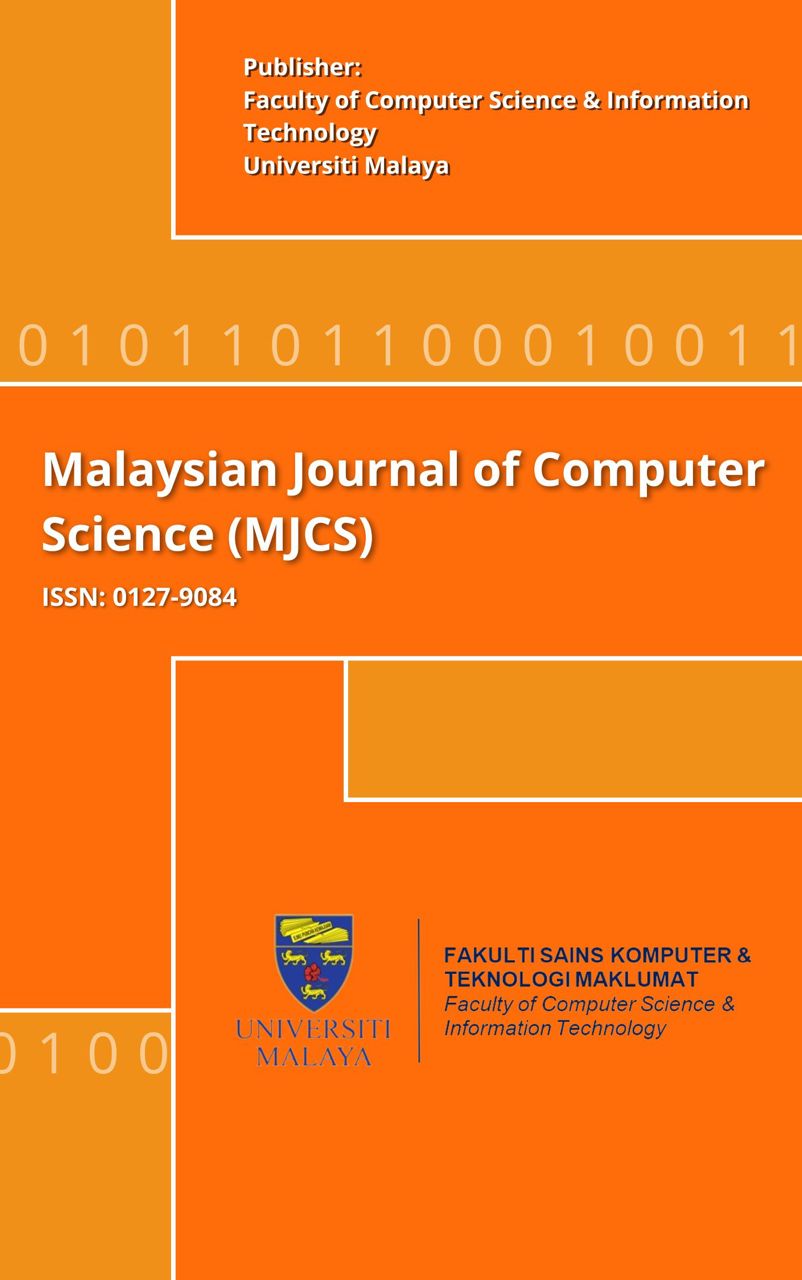SOCIAL MEDIA ANALYTICS USING SENTIMENT AND CONTENT ANALYSES ON THE 2018 MALAYSIA’S GENERAL ELECTION
Main Article Content
Abstract
This study analysed the political use of Twitter during the 2018 Malaysian General Election (GE14), using sentiment and content analyses to examine the patterns in online communication among urban Malaysians. Specifically, Naive Bayes, Support Vector Machine and Random Forest were used for sentiment analysis for the English tweets, with the results compared against two vectorization approaches. Content analysis involving human experts was used for the Malay tweets. Top trending hashtags were used to fetch tweets from April 15, 2018 to May 14, 2018, resulting in a curated corpus of 190 224 tweets. Naïve Bayes used along with Word2Vec outperformed all the other models with an accuracy of 63.7%, 66.8% and 64.9% for pre-GE14, GE14 and post-GE14, respectively. Generally, results indicate the majority of the sentiments to be positive in nature, followed by negative and neutral during pre-GE14, GE14 day and post-GE14 for the English speakers. Though similar sentiments were observed for the Malay speakers, the majority of their sentiments on election day were negative (i.e. 42%) as opposed to the English speakers (i.e. 31%).
